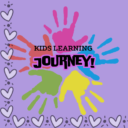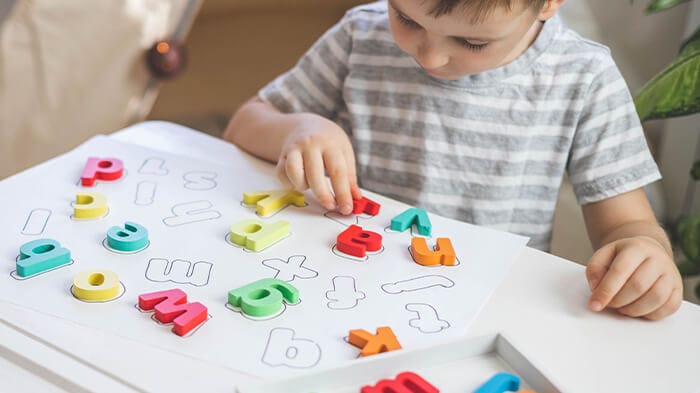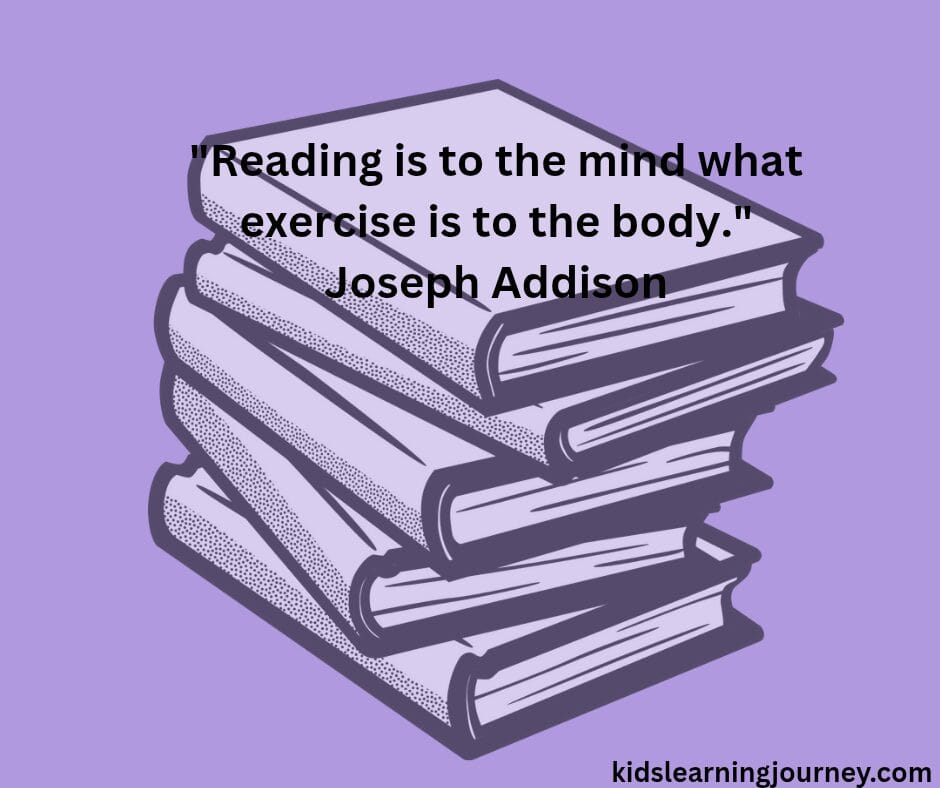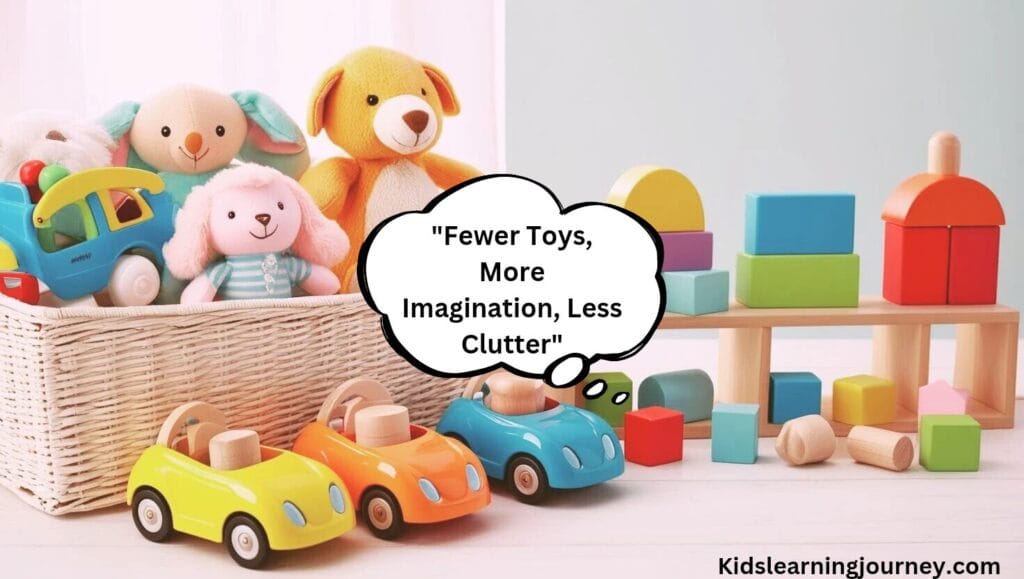Children love to play games, and parents love to see their kids learn. What if both could happen at the same time? That’s where free educational games for kids come in. These games combine entertainment with learning, allowing children to explore math, science, language, creativity, and problem-solving in fun ways.
Today, technology makes it possible for kids to access thousands of free learning games online and on mobile apps. From preschoolers learning shapes and colors to older kids solving complex puzzles, educational games make learning interactive, enjoyable, and stress-free. This article explores the benefits, types, popular options, and tips for using free educational games effectively at home or school.
Why Educational Games Are Important for Kids
Learning doesn’t have to be boring or limited to classrooms. Games create a playful environment where kids feel motivated to learn without realizing they are studying. Here’s why they matter:
- Boost Engagement: Games grab children’s attention and keep them focused longer than traditional lessons.
- Encourage Critical Thinking: Puzzle-based games teach kids how to solve problems step by step.
- Build Confidence: Winning levels and earning rewards make kids feel proud of their progress.
- Improve Memory and Concentration: Repetitive gameplay enhances memory recall and focus.
- Promote Self-Learning: Kids can explore new topics independently, encouraging curiosity.
- Balance Fun and Education: Children associate learning with fun, creating lifelong learners.
Benefits of Free Educational Games for Kids
Unlike traditional learning tools, educational games are flexible, interactive, and often personalized. Here are some major benefits parents and teachers notice:
- Cost-Effective Learning: Many high-quality games are available for free, making them accessible to families.
- Skill Development: Games improve academic skills (math, reading, science) and soft skills (teamwork, creativity, decision-making).
- Safe Screen Time: With the right games, screen time becomes meaningful rather than wasteful.
- Adaptability: Games cater to various ages, learning speeds, and interests.
- Positive Reinforcement: Rewards, badges, and achievements encourage kids to keep learning.
Learning Games for Kids | Fun and Educational Activities for Every Age
Types of Free Educational Games for Kids
There is a wide variety of educational games available online. Each type targets specific learning goals:
1. Math Games
- Help kids learn numbers, addition, subtraction, multiplication, and fractions.
- Example: Simple counting games for preschoolers or multiplication races for older kids.
2. Reading and Language Games
- Improve vocabulary, spelling, grammar, and comprehension.
- Example: Word matching, rhyming activities, and sentence-building games.
3. Science Games
- Teach topics like space, animals, weather, and human anatomy.
- Example: Virtual labs or quizzes on planets and ecosystems.
4. Geography and History Games
- Help kids explore maps, landmarks, historical events, and cultures.
- Example: World map puzzles or timeline challenges.
5. Logic and Puzzle Games
- Develop reasoning, problem-solving, and decision-making skills.
- Example: Sudoku, memory match, and brain teasers.
6. Art and Creativity Games
- Encourage drawing, painting, music creation, and design.
- Example: Virtual painting apps or interactive storytelling games.
7. Typing and Coding Games
- Introduce digital literacy, typing speed, and coding basics.
- Example: Typing races or block-based coding adventures.

Top Free Educational Games for Kids
Here are some popular free games across different subjects:
1. PBS Kids Games
- Offers hundreds of free games based on popular shows like Curious George and Sesame Street.
- Teaches math, reading, and problem-solving through familiar characters.
2. ABCmouse (Free Version)
- Provides interactive lessons for kids aged 2–8.
- Includes games for math, art, reading, and science.
3. Starfall
- Focused on reading and phonics.
- Great for preschool and early elementary children learning letters and words.
4. Funbrain
- Covers subjects like math, reading, and logic.
- Offers fun titles like “Math Baseball” and “Diary of a Wimpy Kid” activities.
5. National Geographic Kids Games
- Engaging games that teach geography, animals, and the environment.
- Perfect for kids who love exploring the world.
6. Prodigy Math
- A role-playing adventure game built around math challenges.
- Kids battle monsters by solving math problems.
7. Khan Academy Kids
- Free learning app covering math, reading, logic, and emotional development.
- Suitable for ages 2–7 with interactive, colorful characters.
8. Turtle Diary
- Offers free games across science, math, reading, and more.
- Features activities like sentence matching and shape recognition.
9. Duolingo for Kids
- Makes language learning fun with gamified lessons.
- Helps children pick up new languages like Spanish, French, or German.
10. CoolMath4Kids
- Dedicated to fun math challenges and puzzles.
- Includes addition, subtraction, multiplication, and logic-based games.
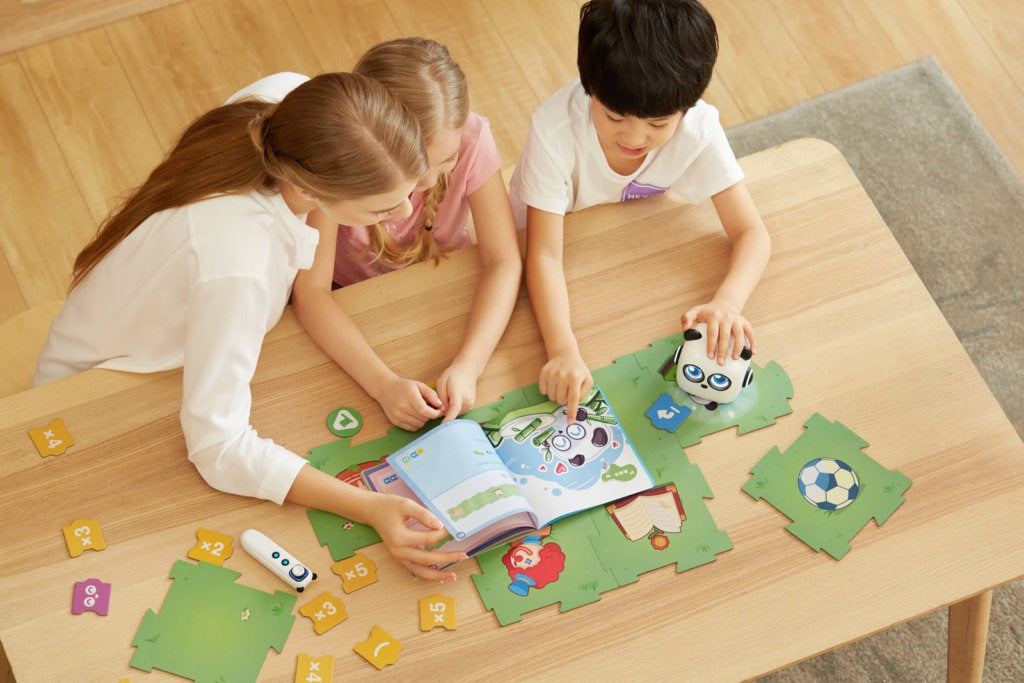
Age-Wise Free Educational Games
Different age groups require different types of learning experiences.
Toddlers (Ages 2–4)
- Games should focus on shapes, colors, sounds, and simple counting.
- Examples: Peekaboo apps, shape matchers, and alphabet songs.
Preschool & Kindergarten (Ages 4–6)
- Games should emphasize phonics, basic math, and problem-solving.
- Examples: Letter tracing, phonics challenges, and number puzzles.
Elementary School (Ages 6–10)
- Games should include reading comprehension, science basics, and geography.
- Examples: Multiplication races, word scrambles, and solar system quizzes.
Middle School (Ages 10–13)
- Games should involve strategy, advanced math, and critical thinking.
- Examples: Coding challenges, history quests, and interactive labs.
Offline Free Educational Games for Kids
Not all learning has to happen online. Here are some free offline games:
- Flashcards: Great for vocabulary and math practice.
- Memory Match: Create your own card sets for letters, words, or shapes.
- Board Games: Games like Scrabble, Chess, and Checkers boost language and logic skills.
- Treasure Hunt: Hide clues around the house for kids to solve using math or reading.
- DIY Puzzles: Create puzzles from magazines or drawings.
Tips for Parents to Use Educational Games Effectively
Parents play a key role in balancing fun and learning. Here’s how to maximize benefits:
- Choose Age-Appropriate Games: Select games suited to your child’s learning stage.
- Set Screen Time Limits: Use educational games as a supplement, not a replacement for traditional study.
- Play Together: Join your kids in the games to encourage teamwork and bonding.
- Track Progress: Monitor achievements and note areas needing improvement.
- Balance Online and Offline Games: Use both digital and physical activities for holistic growth.
- Encourage Exploration: Let children try different subjects to discover their interests.
How Teachers Can Use Free Educational Games in Classrooms
Educators also benefit from integrating these games into teaching strategies:
- Use math games to practice multiplication tables.
- Introduce science quizzes after completing a topic.
- Assign group puzzle games to build teamwork.
- Use storytelling or art games for creative writing exercises.
- Encourage coding games in computer labs to spark interest in technology.
Challenges with Free Educational Games
While beneficial, some challenges exist:
- Advertisements: Free games often include ads that distract kids.
- Screen Overuse: Too much gaming may cause eye strain or reduced physical activity.
- Quality Variation: Not all free games are well-designed or educationally effective.
- Internet Dependency: Many require stable internet access.
Solutions: Parents can use ad-blockers, monitor screen time, and encourage physical play alongside digital learning.
Future of Educational Games
The future looks promising as technology evolves. Expect:
- AI-Based Learning: Games that adapt to each child’s progress and needs.
- Virtual Reality (VR): Immersive experiences where kids explore history, science, or space in 3D worlds.
- Gamified Classrooms: Schools adopting more game-based methods to make lessons engaging.
- Global Collaboration: Multiplayer educational games connecting kids worldwide.
Conclusion
Free educational games for kids are more than just fun—they are powerful tools that make learning exciting, engaging, and effective. Whether online or offline, math puzzles, science quizzes, language adventures, and creative activities can help children grow academically and personally.
By choosing age-appropriate games, balancing screen time, and encouraging exploration, parents and teachers can transform playtime into meaningful learning experiences. With so many free options available today, every child can enjoy the joy of learning through play.
